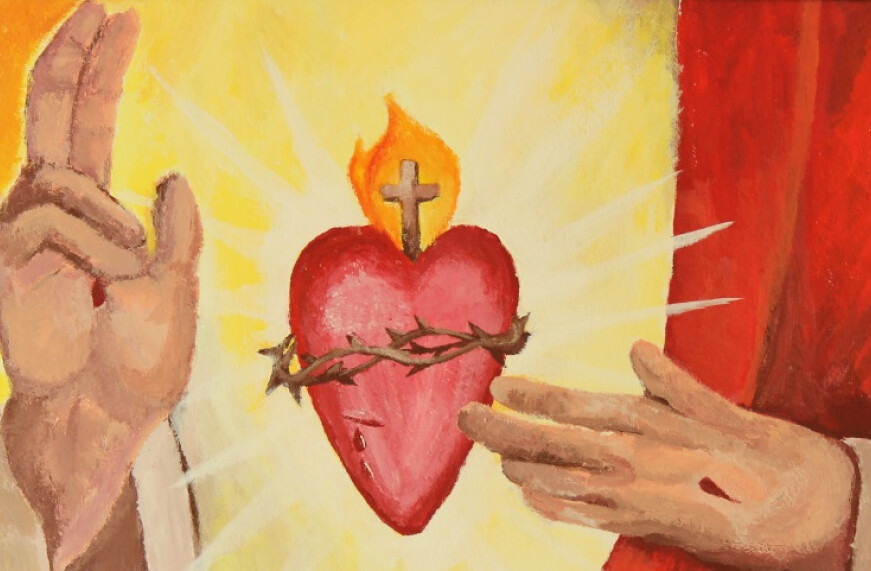Perceiving Truth

Epiphanies happen when we least expect them. My late mother used to love to read murder mysteries and would often go back through the books she read long after the dramatic conclusion was revealed – which she would usually get correct! She would then explain to the rest of us about how she had missed such obvious clues in the book but would still, usually, get the answer correct regardless. I remember asking her about it – how could she possibly still get it correct even when she would miss the hints, clues, and other pieces of evidence the whole time. She simply stated that it was just something inside of her, her own intuition and ability to perceive the truth. How simple an answer this is, but in reflecting upon it, what great power it carries: to be able to take less than obvious signs in a complex situation and realize the greater truth that would otherwise not be readily explained. I liken this to the situation of the Magi and to those who would hear the early preaching of Christ. To hear the literal words of Christ and, perhaps, not fully comprehend what they are bearing witness to. Continue to seek and know those moments in your life – to encounter Christ in them!


